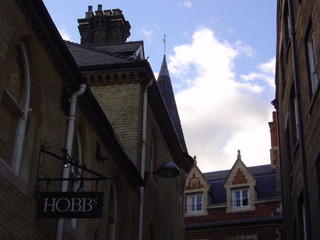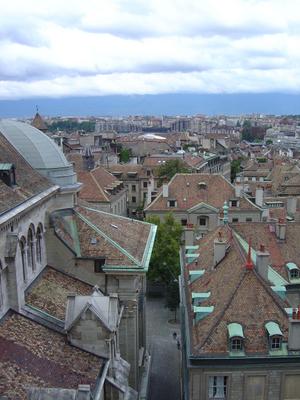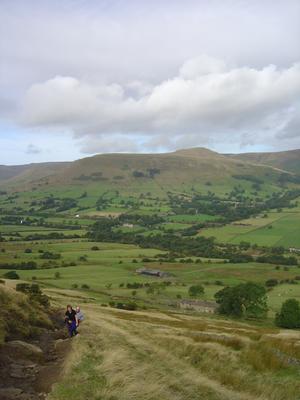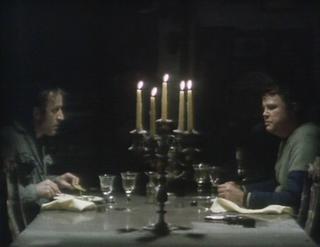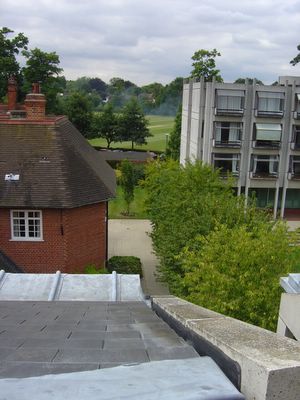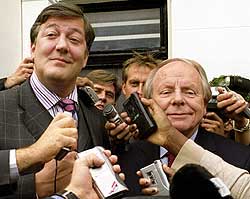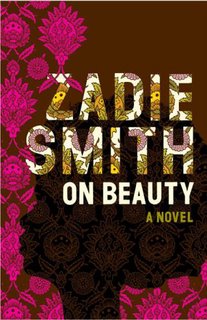
Holiday Reads, Part 3: "On Beauty"
Headline: a great talent, a little burdened by the easy cliché
I’ve been struggling to write something on “On Beauty” for a while. I think Zadie Smith is a terribly talented writer, but my response to this novel is a little ambivalent.
Let’s start with the good. Smith’s prose is exceptional. Her ear for speech and dialogue is fabulous, and her ability to inhabit the skin of a character regardless of age or gender compelling.
The story gets off to an interesting start. The Belseys are a mixed race family: Howard is a British academic living in the US who has trouble with faculty politics and thus getting tenure; Kiki is a black American woman, political rather than intellectual, and a hospital administrator. The marriage thus embodies some neat tensions of class, politics, practice/theory, and culture: boundaries the children of the marriage need to negotiate.
It is a tribute to her sympathy for her characters that despite all the stupid, hurtful and wilfully self-obsessed things Howard Belsey does, I found it impossible to entirely dislike him. Indeed, I felt a certain sympathy for him, which Smith seems to feel herself. This is pulled off not through any especially redeeming features on Howard’s part, but because (as with all the characters) when we see the world through his eyes, it is drawn so compellingly in Smith’s lush observational prose.
Also, Howard finishes the novel humbled if not repentant. Ultimately, despite all the damage done to himself and others, Howard’s acts seem adolescent rather than mercenary. He profits little by them and does not really aim to; he stumbles into things out of a failure to appreciate consequences which a man should really have outgrown by his fifties.
However, by writing in the mode of affectionate academic satire, there are ideas the Smith excuses herself from pushing further. Howard’s refusal to engage with emotion or aesthetics (he claims to hate Mozart and has founded an academic career on the idea of Rembrandt as a merely competent tradesman) comes off as wilful affectation. Rather than portray him as one “clinging to his rhetoric of disenchantment as if it were a religion” (to quote an excellent Slate article), Smith leaves Howard apparently without strong beliefs - making many of his actions seem like parts of a childish game.
More to the point, Smith creates a bevvy of interesting characters some of whom dissapointingly lapse into jargon or ultimately conform to stereotype before simply evaporating by the end of the novel. The final moments of confrontation and resolution also seem rather, well, stage-managed.
Smith has the potential to be a writer of much wider scope, and I’d hate to see her lose her warmth and humour to write “serious social novels”; but somehow when her novels come to rest on comedy and satire for their resolution it feels a little like cheating.




